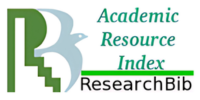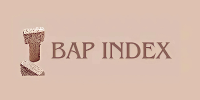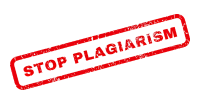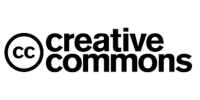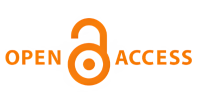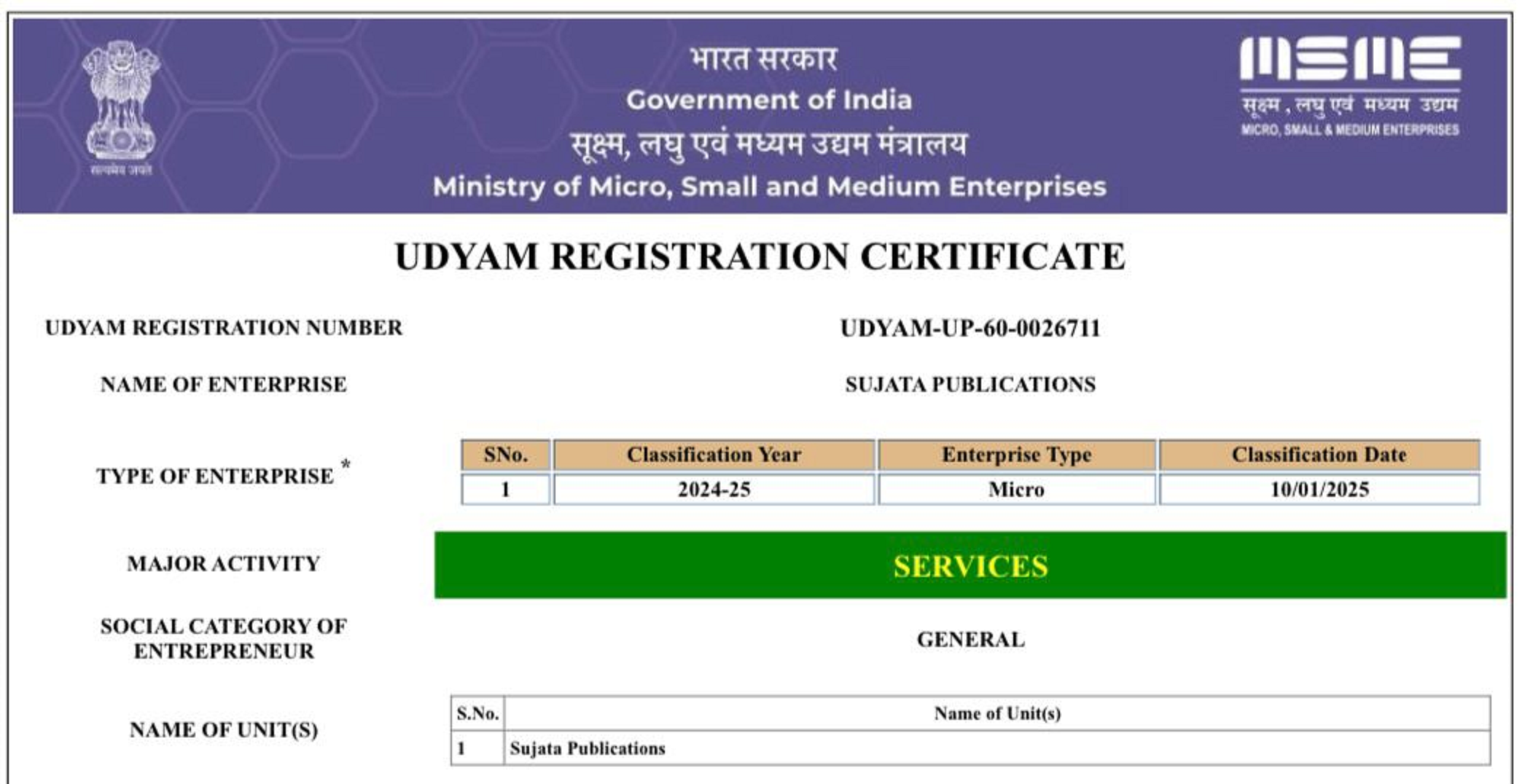ISSN: 2584-2897
Publication Ethics and Malpractice Statement
International Journal of Pharmaceutical and Drug Design (IJPDD) is an electronic international research journal that features peer review and is committed to upholding the highest possible ethical standards for publication. To provide our audience with a publication that is of the highest possible quality, we now declare the following principles of Publication Ethics and Malpractice Statement. Even if they are discovered after the publication, if any of these criteria are found to have been violated at any point, they will all be removed from the publication. Currently, IJPDD colleagues are evaluating each and every article.
The responsibilities of editors:
All articles that are sent in for publication are subjected to a rigorous and objective review by the editorial staff using a double-blind system. They will make every effort to steer clear of any possible conflicts of interest that may arise between the editing and review team and the author. The editors of a document will, prior to its release, take measures to ensure that any and all information pertaining to the document is protected from public disclosure. The work that is done by the editors will be supervised by the person who oversees editing overall.
The responsibilities of reviewers:
Reviewers evaluate unpublished articles exclusively based on the information contained within them, without taking into consideration the authors' race or ethnicity, gender, sexual orientation, citizenship, religious affiliation, or political beliefs. They are obligated to maintain the confidentiality of all information pertaining to the submitted manuscripts and to report to the Chief Editor any instances of plagiarism or infringement of copyright that they discover on the part of the author. They are tasked with conducting an exhaustive analysis of the works that have been sent in as well as articulating their opinions regarding the works in a manner that is crystal apparent in the review form. If a reviewer believes they lack the qualifications to evaluate the research presented in a submission or is aware that it will be impossible for them to finish the review in a timely manner, they should tell the Editor-in-Chief and withdraw themselves from the review process.
The responsibilities of authors:
Reporting Standards: Authors of original research articles are required to offer a honest overview of the work done as well as an objective interpretation of the relevance of their findings. The underlying data ought to be represented in the article in an accurate manner. A piece of writing ought to contain sufficient information and citations to allow another person to reproduce the work. Inappropriate behavior and statements that are either intentionally false or erroneous are examples of unethical behavior.
Access to the Data and Its Storage: Authors are requested to send in the raw data that is associated with their papers for editorial assessment. Additionally, they should be prepared to make the data available to the general public if that is at all possible, and in any event, they should be prepared to keep the data on hand for enough time after the release of the results.
Originality and Plagiarism: The authors need to make sure that their writing is completely original, and if they do use the ideas or words of another person, they need to make sure that they properly cite or quote that person. If they do use someone else's ideas or words, they need to make sure that they do so properly.
Multiple, Redundant or Concurrent Publication: When submitting work to a journal or primary publication, a writer should avoid doing so frequently if the submission explains essentially the same study as another publication. This is referred to as multiple publication, redundant publication, or simultaneous publication. Because doing so constitutes unethical publication behavior, it is unethical and hence unacceptable to submit the same work to multiple journals at the same time.
Citation of Sources: It is always vital to credit the work of others in the appropriate manner. Citations for works that had a major impact on comprehending the nature of the work being reported are obligatory.
Authorship of the Paper: The right to sign one's name to a published work should only be granted to individuals who made major contributions to the conception, design, or execution of the reported study or to the interpretation of its results. It is important that everyone who made a major contribution be credited as a co-author. When appropriate, other individuals who have contributed to the research endeavor in important ways should be acknowledged or named as contributors. The corresponding author is the one who is responsible for ensuring that the manuscript has all the necessary co-authors, none of whom should be, and that all of the co-authors have seen, approved, and agreed to the paper's submission for publication. None of the co-authors should be the corresponding author.
Hazards and Human or Animal Subjects: The author is obligated to make it clear in the article whether the work utilizes any chemicals, techniques, or tools that have any unusual risks associated with their usage. If the work does utilize any of these, the author must make this information crystal clear. If the author intends to conduct the research on living subjects, such as humans or animals, he is obligated to include information about the ethical committee's approval in the submitted work.
Disclosure and Potential Conflicts of Interest: All authors are required to declare in their manuscripts any significant financial or other potential conflicts of interest that could be construed as having an influence on the findings or interpretation of their work. These conflicts can be of any kind. It is required that all of the sources of funding for the project be disclosed.
Fundamental errors in published works: It is the responsibility of the author to promptly notify the journal editor or publisher of any substantial errors or inaccuracies in their own work that has been published and to collaborate with the editor in order to have the paper retracted or corrected if it contains such errors.


